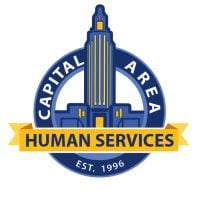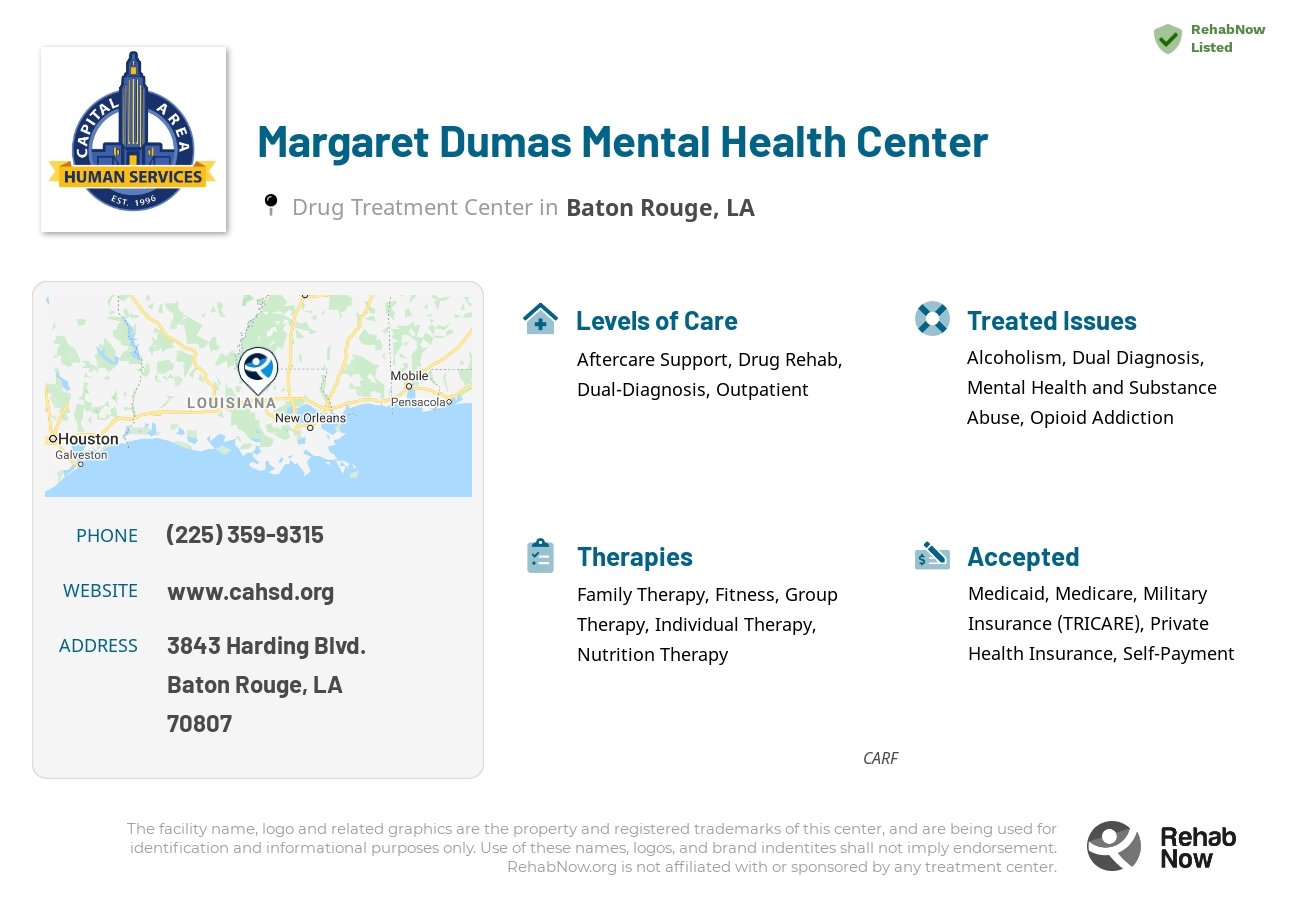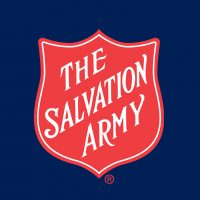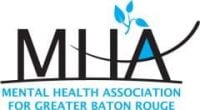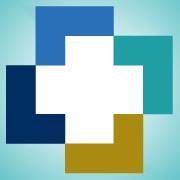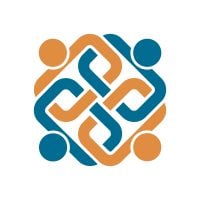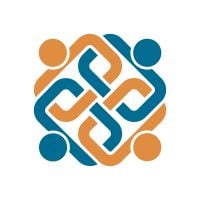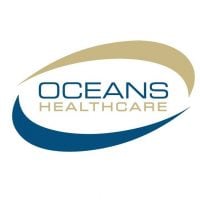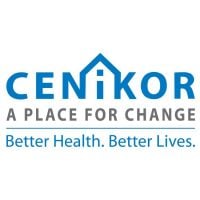Margaret Dumas Mental Health Center
Drug Rehab Center in Baton Rouge, Louisiana
Margaret Dumas Mental Health Center, an accredited addiction treatment center with private health insurance acceptance in Baton Rouge, LA, offers drug rehab services including counseling, therapy, and aftercare support to address substance abuse and support sobriety.
Multiple patients have reported Margaret Dumas Mental Health Center as permanently closed.
Research other rehabs in Baton Rouge, Louisiana, or get help finding an open facility.
About Margaret Dumas Mental Health Center in Louisiana
Located in Baton Rouge, LA, the Margaret Dumas Mental Health Center specializes in overcoming addiction, providing comprehensive care for those struggling with alcoholism, dual diagnosis, opioid addiction, and drug abuse. The center is known for its personalized treatment plans and a compassionate approach, ensuring that individuals receive the quality care needed for successful recovery.
- Accredited by CARF, Margaret Dumas Mental Health Center meets the highest standards for quality in addiction treatment services.
- Offers a range of treatment options, including aftercare support, drug rehab, dual-diagnosis programs, and outpatient care, tailored to the unique needs of each patient.
- Utilizes evidence-based therapies such as cognitive-behavioral therapy, individual counseling, group therapy, and family therapy, aiming for comprehensive recovery.
Margaret Dumas Mental Health Center holds accreditation from the Commission on Accreditation of Rehabilitation Facilities (CARF), emphasizing its commitment to excellence in treating substance use disorders. The center accepts private health insurance, making its wide array of services accessible to those in need.
Focused specifically on addiction issues such as alcoholism, opioid addiction, and drug addiction, the center employs various treatment methods including cognitive-behavioral therapy, medication-assisted treatment, and both intensive and standard outpatient programs to cater to the diverse needs of its patients.
Genders
Ages
Modality
Additional
Accreditations

CARF
The Commission on Accreditation of Rehabilitation Facilities (CARF) is a non-profit organization that specifically accredits rehab organizations. Founded in 1966, CARF's, mission is to help service providers like rehab facilities maintain high standards of care.
Conditions and Issues Treated
Treatment for opioid addiction is best made with the help of medical professionals who are experienced in dealing with these types of drugs. This treatment can involve medications, exercise, behavioral therapy, and counseling sessions. It is important to note that the effectiveness of treatments for opioid addiction vary, so it is vital to research which treatment options are suitable for each individual.
Many people who struggle with opioid addiction need to attend specific programs like methadone , Suboxone or Vivitrol clinics.
These types of programs will provide the patient with legal, prescription medications that can help them overcome their cravings for illegal opioids like heroin or fentanyl . If the patient has a chronic condition like Hepatitis C, they must undergo treatment before they can begin taking these medications.
Individuals who are addicted to drugs and/or alcohol often have one or more co-occurring mental health disorders. Addressing both the addiction and the mental health problems at facilities like Margaret Dumas Mental Health Center can be very beneficial for these individuals.
Common mental health conditions that often co-occur with addiction include:
- Anxiety Disorders – People with drug and alcohol problems often suffer from anxiety disorders such as panic disorder, obsessive-compulsive disorder, social anxiety disorder, and generalized anxiety disorder.
- Depression – One of the most common mental illnesses co-occurring with addiction is major depressive disorder.
- Attention-deficit hyperactivity disorder (ADHD) – Many people with drug and alcohol problems also suffer from ADHD.
- Bipolar Disorder – People with bipolar disorder are more likely to suffer from drug and alcohol problems than the general population, and vice versa.
Levels of Care Offered
This center offers a variety of custom treatment tailored to individual recovery. Currently available are Aftercare Support, Drug Rehab, Dual-Diagnosis, Outpatient, with additional therapies available as listed below.
Outpatient treatment can be considered the lowest intensity level of addiction treatment in Baton Rouge, LA. It is ideal for early phase addiction or lower intensity addictions. Margaret Dumas Mental Health Center peer group support, 12-step programs, and individual counseling are likely to be involved.
Aftercare support is vital to those who have completed a drug or alcohol treatment program. This support comes in individual and family counseling, treatment of psychiatric and other medical conditions, and medications to reduce cravings. It helps recovering addicts adjust to normal day-to-day activities and can last for a year or longer.
The majority of drug and alcohol addicts who receive aftercare treatment do not relapse. It is estimated that without aftercare, the relapse rate will be between 70 to 90 percent for most people. Aftercare is the final stage in addiction recovery, but it will also help maintain sobriety if relapse does occur.
Therapies & Programs
Individual therapy is ideal for addicts who want to focus on themselves. It can also be helpful for those whose withdrawal symptoms are exacerbated by the presence of other people.
Benefits of individual therapy are:
- Access to a personalized treatment plan that focuses on the individual needs of the addict
- More privacy during treatment sessions
- Better personal development through introspection
- Increased self-awareness regarding addictive tendencies in order to avoid relapse
- Greater potential for a long-term recovery plan
- Receiving professional advice and detox assistance from medical staff
Family therapy can help you and your family deal with old issues that may trigger substance abuse. The idea behind family therapy for drug addiction is that you are never fully healed from substance abuse until you’ve healed your relationship with your family, too. To get sober, you need to find a different way to cope with the pain in your life.
This is when a group of people in various stages of recovery meet up and discuss their experiences, triggers, successes, failures, and even alternative therapies! Unlike support groups where everyone already knows each other, group therapy is conducted along side outpatient or inpatient treatment at Margaret Dumas Mental Health Center.
Nutrition therapy has been used to help drug addicts for decades. Many early reports on addiction treatment indicate that some patients recovered from the “satisfying power of food”. For years, this phenomenon has been utilized as a treatment modality in eating disorders for adults, adolescents, and children. Specific nutrients have been identified that influence neurotransmitters associated with reward pathways of the brain.
Studies have shown that carbohydrate loading with complex carbohydrates to elevate serotonin levels was effective in treating bulimia nervosa. This approach prompted researchers to explore the use of this type of nutritional intervention in other disorders.
Nicotine replacement therapy is a drug treatment that allows people to get the effects of nicotine without chewing or smoking. The therapy is often done with a patch, and doses of nicotine are reduced until nicotine is no longer needed. NRT helps smokers get nicotine into their system without resorting to smoking, and it has been shown to be an effective way to help people quit smoking. Coupling NRT with counseling and other means of support gives long-term smokers a better chance of removing their unhealthy habit.
Patient Experience
Fitness Therapy
A fitness therapist may recommend a range of exercise routines to improve strength, endurance, speed, and agility. A healthy body, and mind, is ideal when recovering from an addiction. The plan is often tailored to a specific individual’s needs, whether they’re recovering from injury or illness, working on getting back into shape after a long lay-off, or looking for ways to boost stamina and maximize their physical potential.
Payment Options Accepted
For specific insurance or payment methods please contact us.
Is your insurance accepted?
Ask an expert, call (888) 674-0062
Gonzales Mental Health Center Associated Centers
Discover treatment facilities under the same provider.
Learn More About Gonzales Mental Health Center Centers
Additional Details
Specifics, location, and helpful extra information.
Baton Rouge, Louisiana 70807 Phone Number(225) 359-9315 Meta DetailsUpdated April 15, 2024
Staff Verified
Margaret Dumas Mental Health Center Patient Reviews
There are no reviews yet. Be the first one to write one.
Baton Rouge, Louisiana Addiction Information
Louisiana is one of the top ten states in the nation for opioid-related deaths. One in ten high school students admits to regularly using prescription opioids for non-medical purposes. More than 225,000 Louisiana residents admit to regular heavy drinking and around 6% of the Louisiana population abuses alcohol. Marijuana use in Louisiana is most common amongst teenagers between the ages of 12 and 17 years old.
Opioid overdoses are on the rise in Baton Rouge and throughout Louisiana. In 2019, opioid fatalities in Louisiana rose by 25%. In 2018, there were 1,140 drug overdose deaths in Louisiana; 40% involved opioids. Methamphetamine is involved in 20% of drug relapse treatment admissions in Baton Rouge, Louisiana. There are several drug treatment programs available through Baton Rouge including medication-assisted therapy and detoxification
Treatment in Nearby Cities
- La Place, LA (51.0 mi.)
- Lake Providence, LA (157.9 mi.)
- Breaux Bridge, LA (47.8 mi.)
- Colfax, LA (115.1 mi.)
- Plaquemine, LA (16.8 mi.)
Centers near Margaret Dumas Mental Health Center
The facility name, logo and brand are the property and registered trademarks of Margaret Dumas Mental Health Center, and are being used for identification and informational purposes only. Use of these names, logos and brands shall not imply endorsement. RehabNow.org is not affiliated with or sponsored by Margaret Dumas Mental Health Center.
